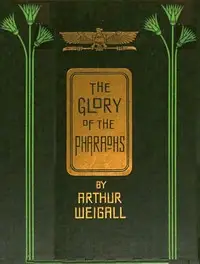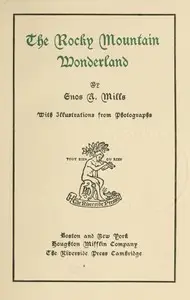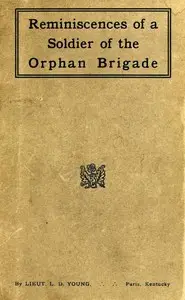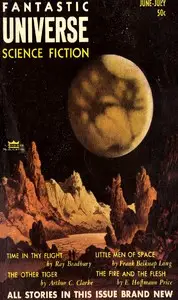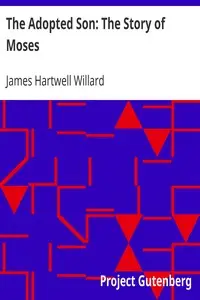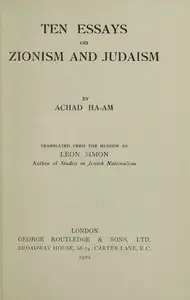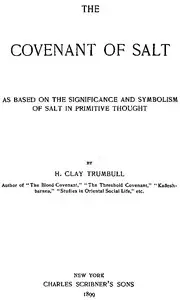"The Pastor's Son" by William W. Walter is a thought-provoking novel that seems to have been written in the late 19th century. The story revolves around Walter, the sickly son of Rev. James A. Williams, as he grapples with deep theological questions about suffering, God's nature, and the reality of illness. The initial chapters hint at the family’s struggles with health, poverty, and the emotional turmoil that arises from Walter’s chronic condition, as well as the contrasting perspectives on faith held by the father and son. At the start of the book, the atmosphere is set on a Thanksgiving morning, with the family preparing for church, but the joyous occasion is overshadowed by Walter's illness and his existential doubts about God's plan and intentions regarding his suffering. Early interactions between Walter and his mother reveal the tensions in their understanding of faith, particularly regarding the nature of God and good versus evil. Walter’s struggle culminates in his discovery of a new perspective through the text "Science and Health," leading him to question longstanding beliefs and seek a more spiritual understanding of his illness, which presents a radical shift in the family's traditional Christian views. This opening sets the stage for an exploration of religion, healing, and the pursuit of truth, as Walter's journey may challenge and transform the faith of those he loves. (This is an automatically generated summary.)

The Pastor's Son
By William W. Walter
"The Pastor's Son" by William W. Walter is a thought-provoking novel that seems to have been written in the late 19th century. The story revolves arou...
Eschatology is a New Thought movement founded by American writer and former practitioner William W. Walter. Walter was formally a member of the Catholic Church and then The First Church of Christ, Scientist until 1912 when he rejected organized religion in order to found his own metaphysical system. Although it is generally classified as a new religious movement, Walter did not see it as a religious movement, and his followers reject the association with religion. He originally named his organization "The Walter Method of Christian Science"; and the term Eschatology as a trademark for Walter's teaching was not used until the 1920s.


